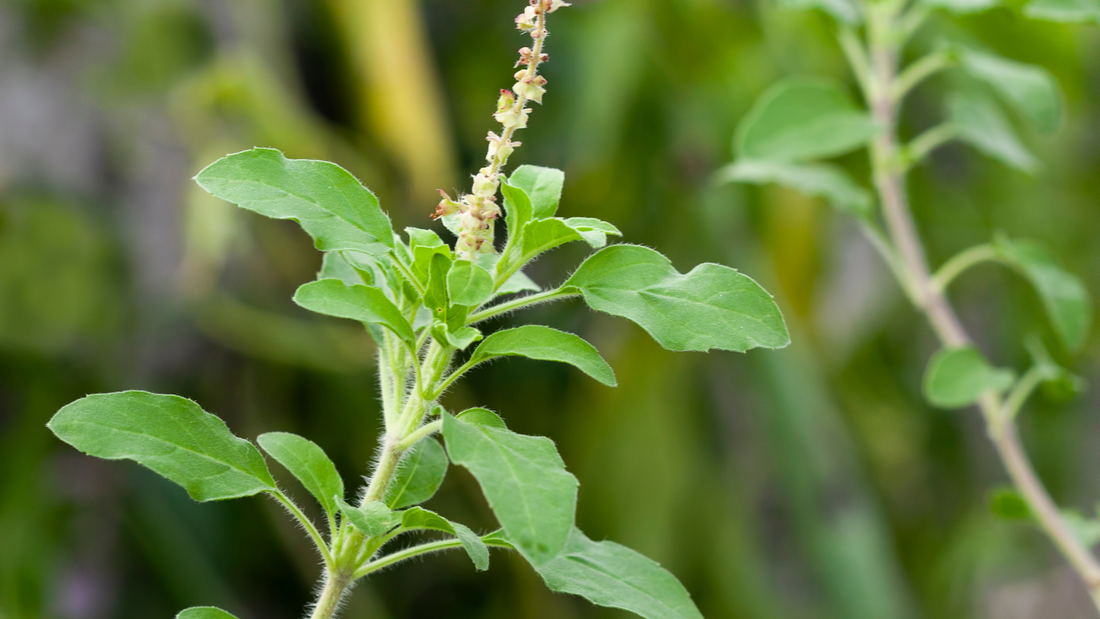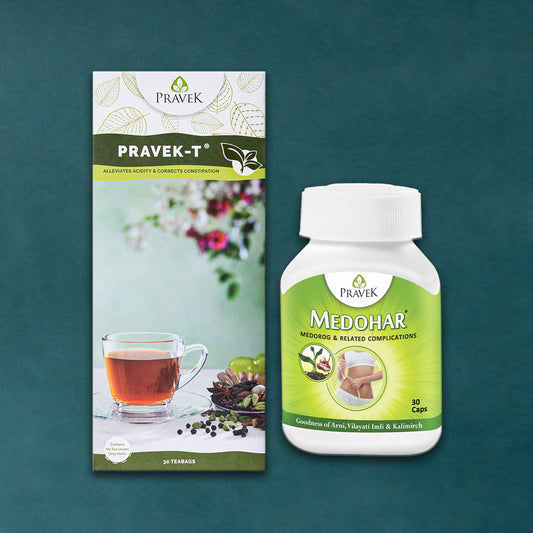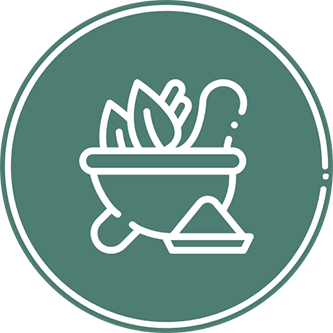Tulsi a.k.a. Holy Basil: A Complete Guide

Table of Contents
Tulsi's Historical and Cultural Significance in Indian Tradition
Types of Tulsi
Health Benefits
Ways to Use Tulsi
Precautions and Considerations
Conclusion
Disclaimer
The content of this blog is for informational purposes only and should not be considered a substitute for professional advice. We are not liable for any actions taken based on the information provided. For specific advice or concerns, please consult a professional.
Most Recent Posts














